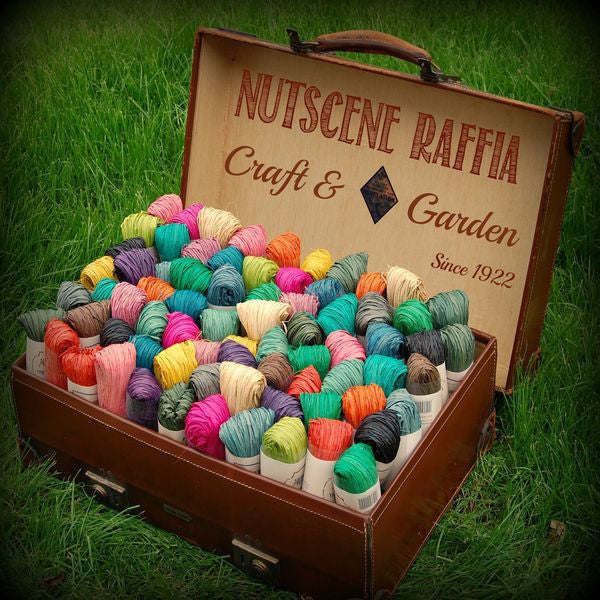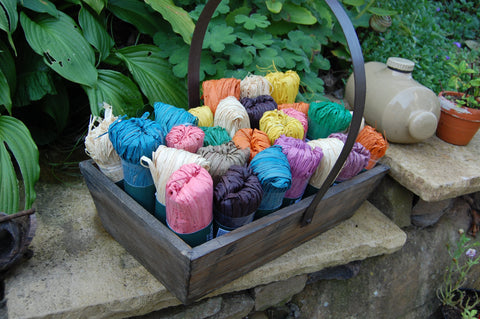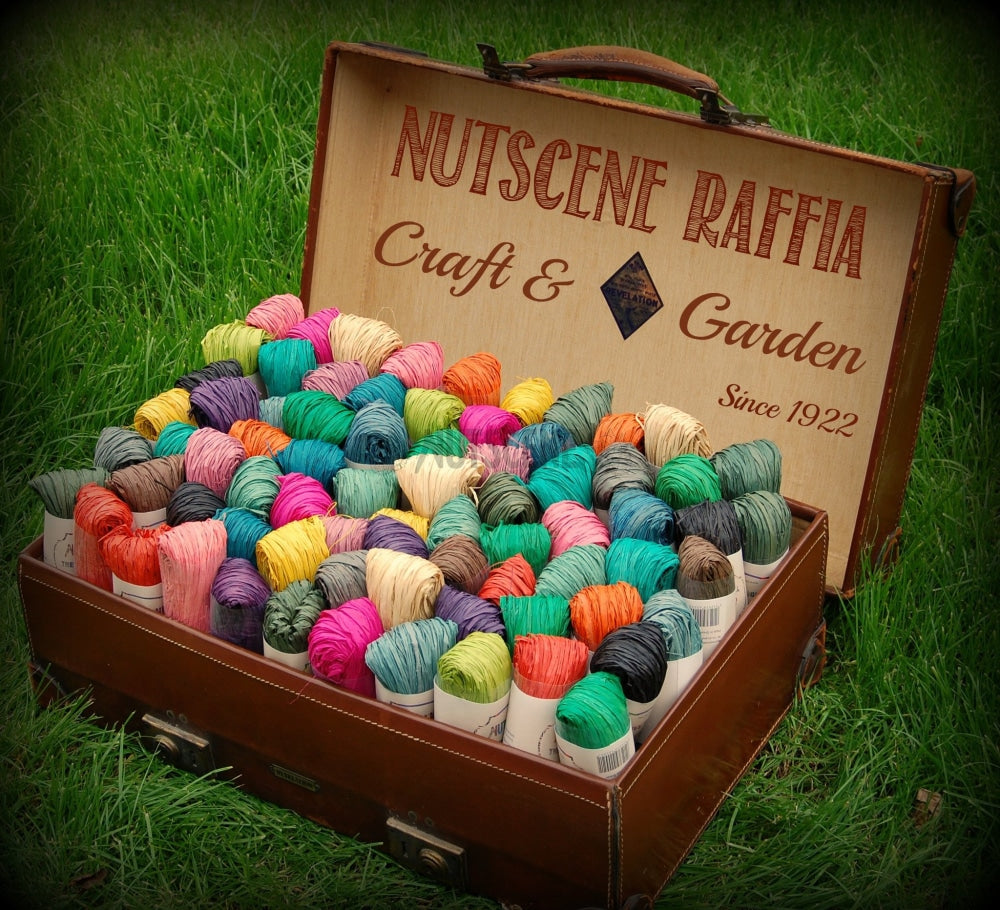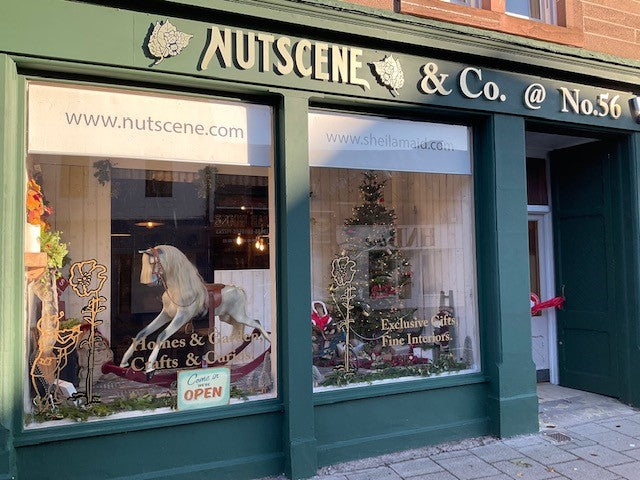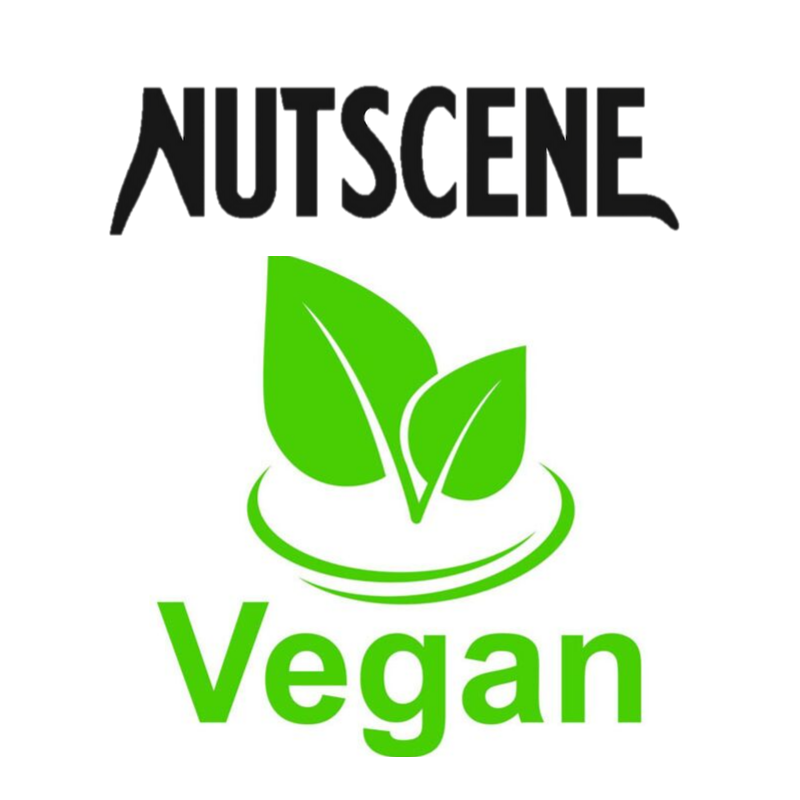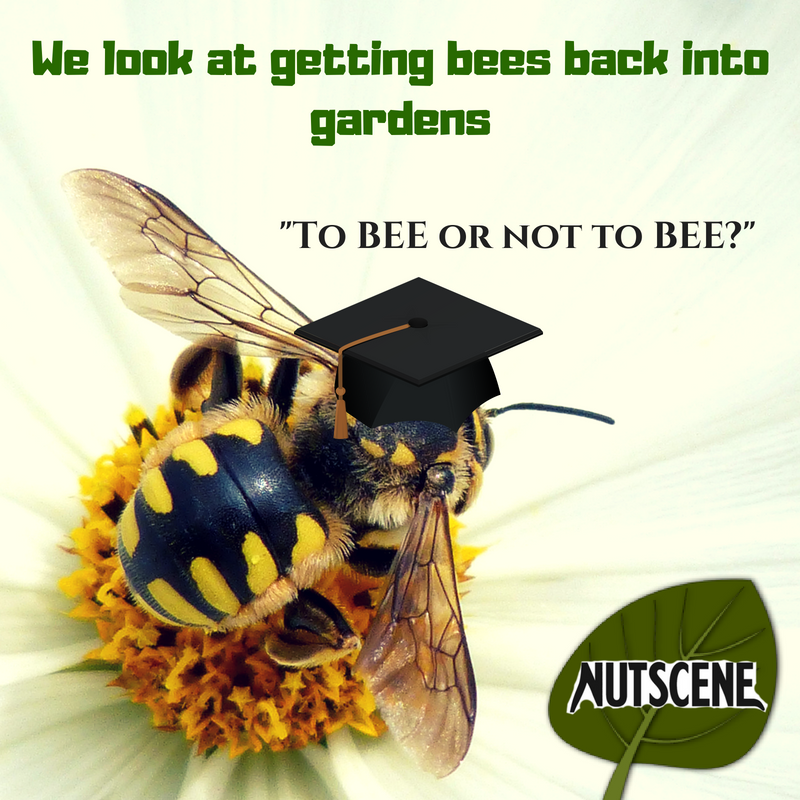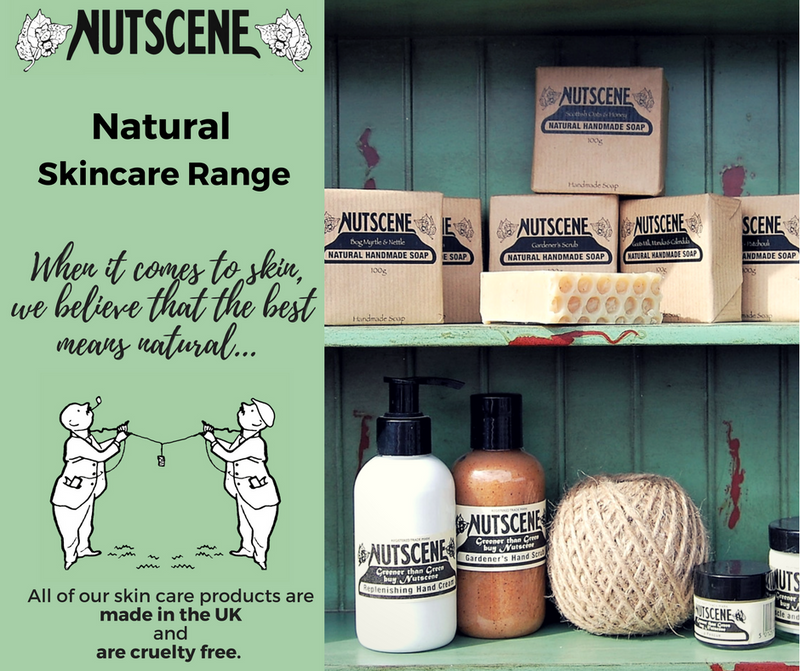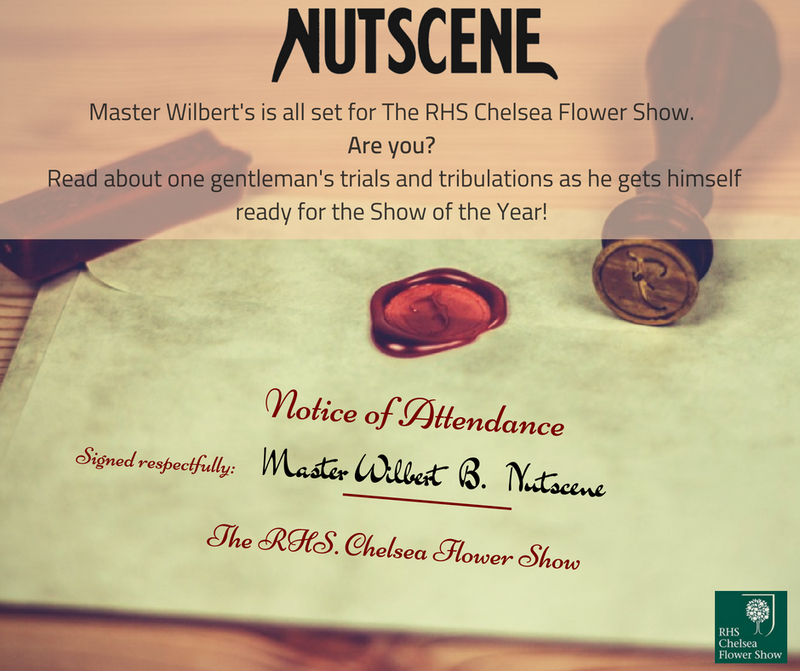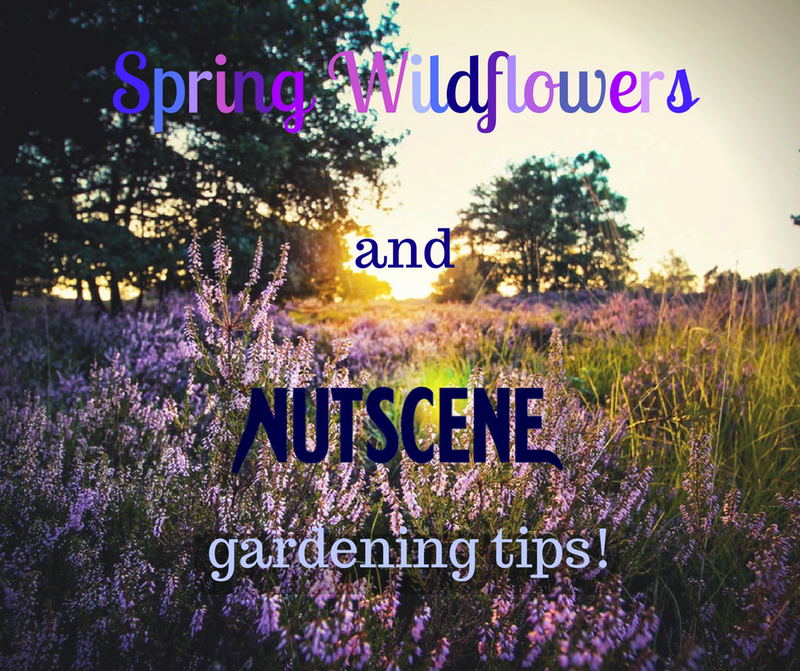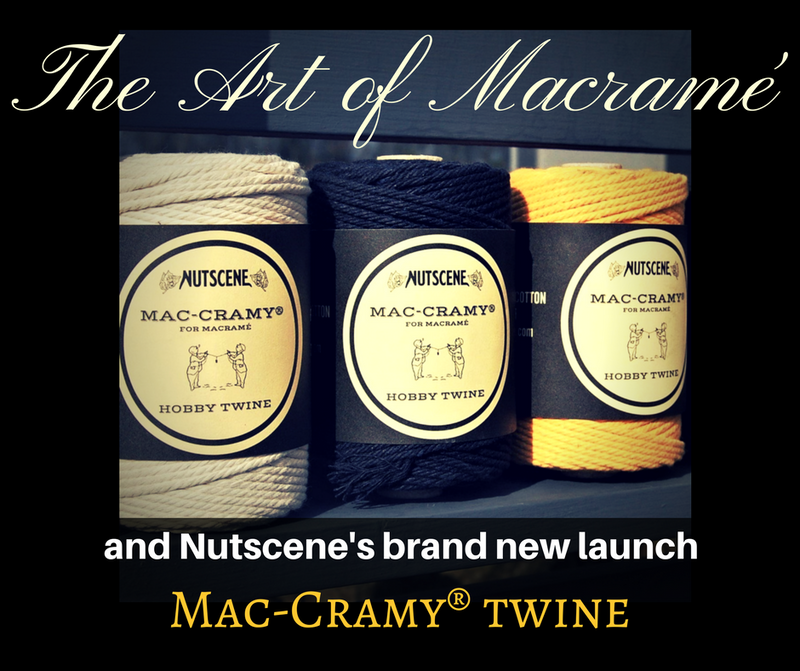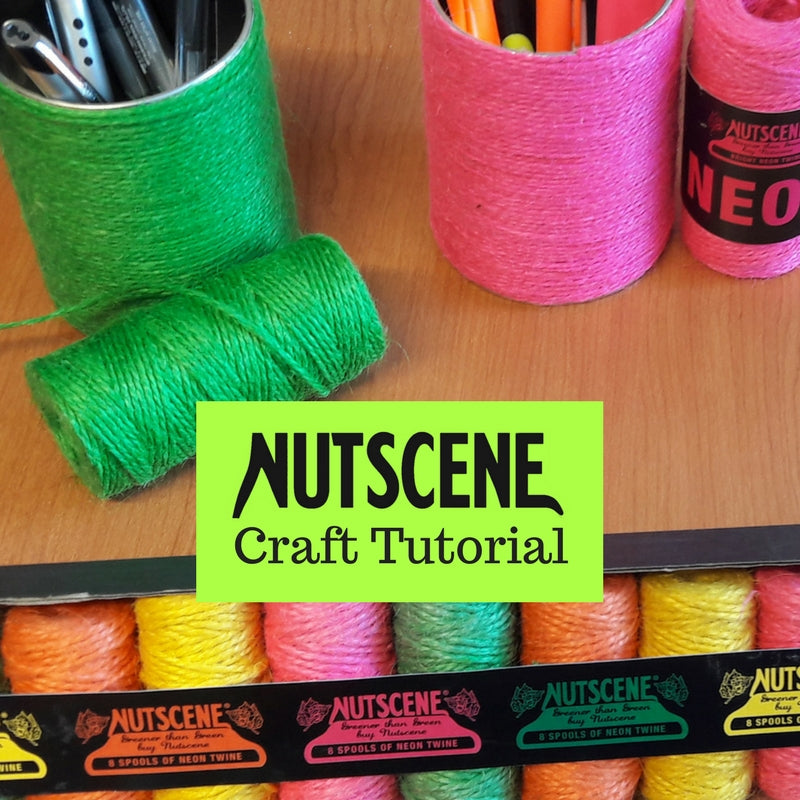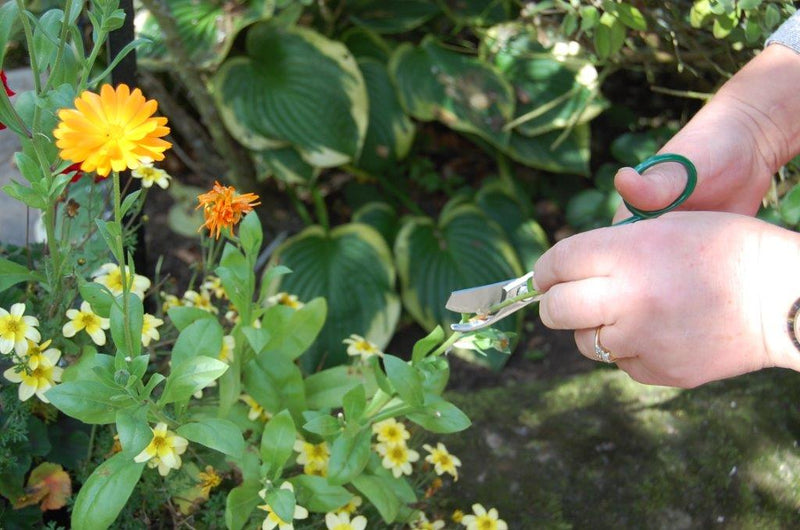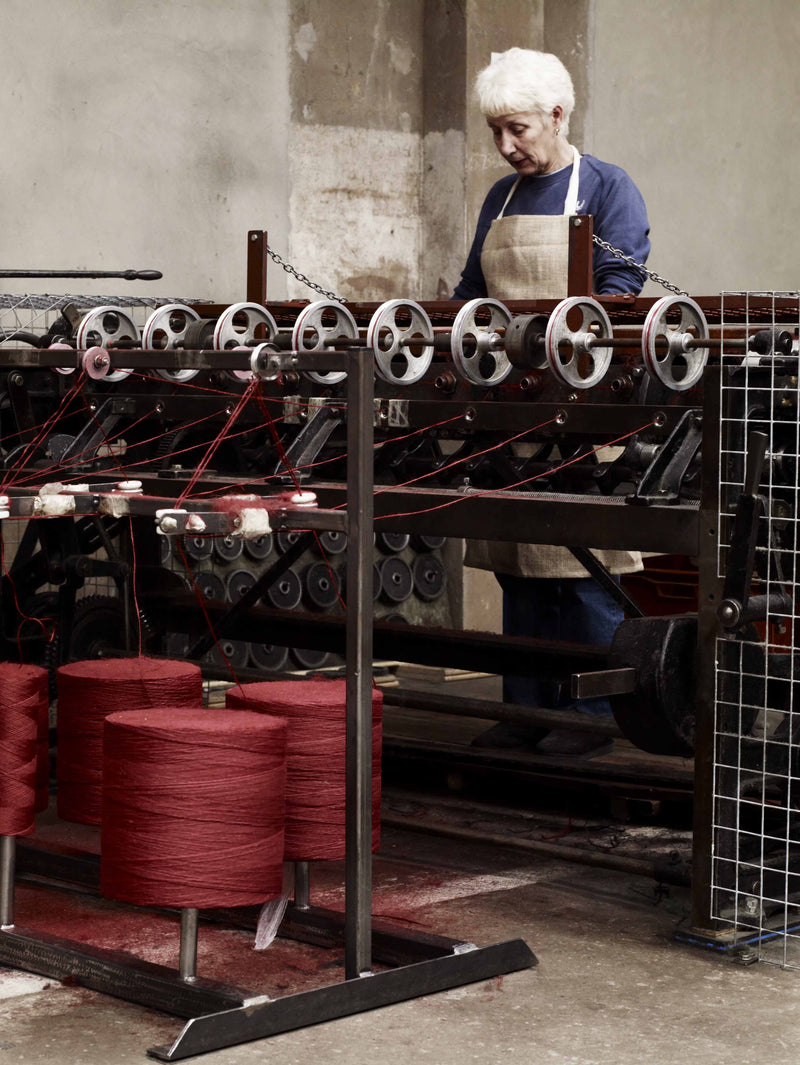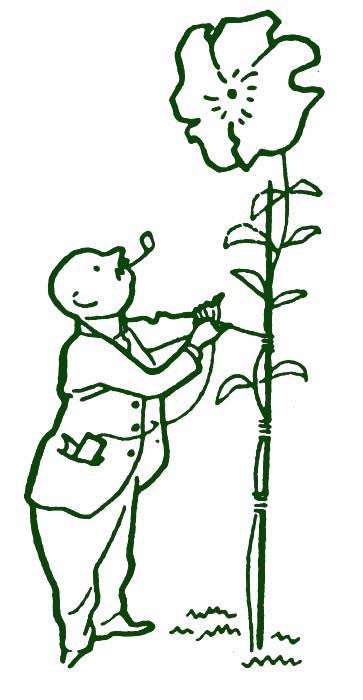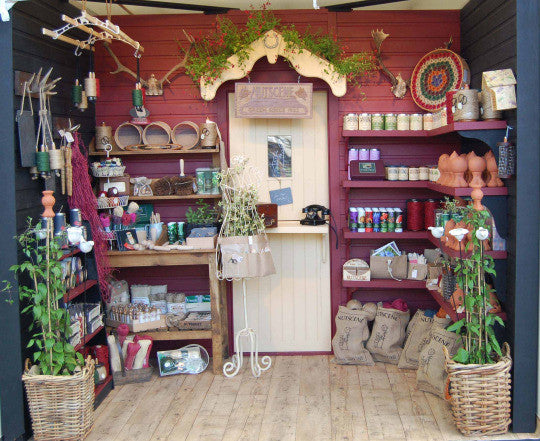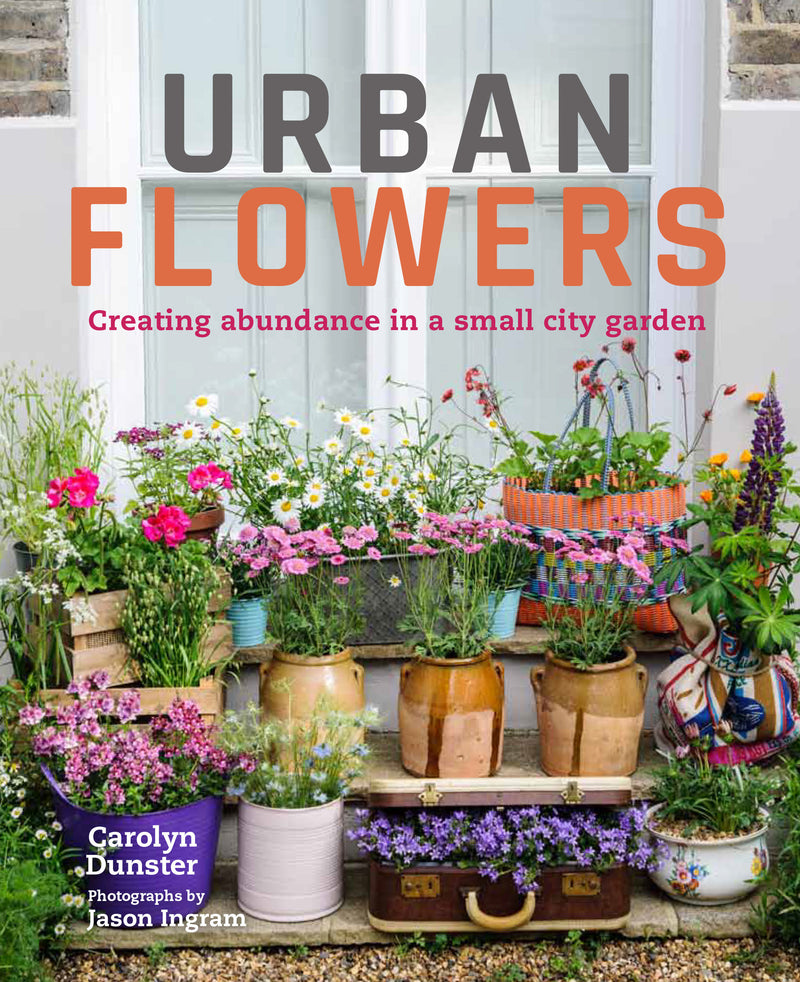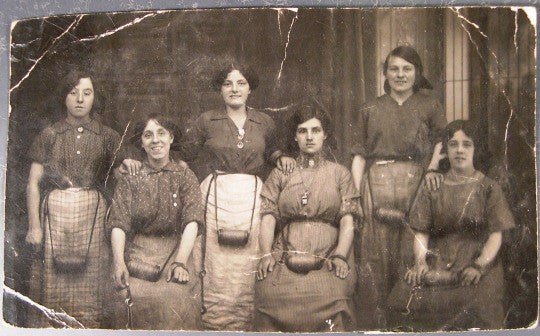From Madagascar with Love
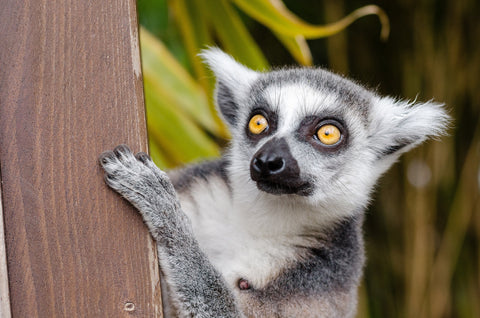
Nutscene not only specialise in jute twines - but we also import a vast range of Raffia from Madagascar! But what is Raffia? Well the short answer is... Raffia is a natural wonder!
Raffia is a natural fibre and is commonly used in the UK in crafting projects, twines, ropes, shoes, hats and other textiles. The Fibre itself is created from the underside of the frond leaf. Also known as Raffia Palm, this native to Madagascar possesses large plume-like leaves that are utilised within a variety of industries and is a major part of the south Asian economy. The tree has been said to harness over 800 uses, with the leaves used in thatching, construction, mats, baskets, fans and hats! The tree is so valuable to this area that in Cambodia the tree is seen as a national symbol! Nutscene's Raffia is created from the Palmyra Palm Tree and we have proudly supplied the nation with Raffia for over 25 years!
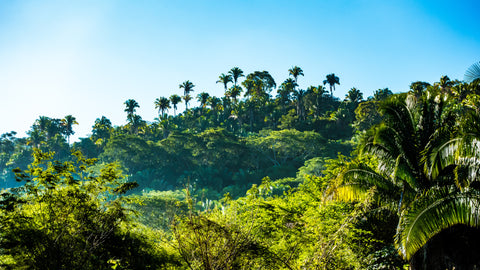
Making Raffia
First and foremost, Raffia is created from sustainable sources. The Palmyra Palm Tree is part of the Borassus family, which consists of five giant fan palms which are native to the tropical regions of Africa, Asia and New Guinea. It is the stocks of the Palmyra leaves that create what we call Raffia. These stocks are essentially stripped to create a long, thin fibre which can then be dyed and woven into a textile! Pretty impressive for a palm tree stem!
Within the Island of Madagascar, the palms are harvested deep inside the forest. The colourful raffia that we all know actually starts life pale green in colour, but soon after harvest, dries out and turns beige in colour. The strands or fibres are then transported to a sorting warehouse where they are ‘sorted’ and broken down into category. Categories include: colour, length, width and texture.
This natural Raffia is the put into ‘Raffia Hanks’, spools or balls and subsequently dyed to the relevant colour before they are dispatched. The Raffia process is one that is time consuming, though the local expertise and knowledge ensure only the finest Raffia is exported from the Island. This resource is sustainable as strict laws limit the harvest period of Raffia, ensuring that it can only be harvested from June to October each year. This ensures that the plant can re-grow to its full strength prior to it undertaking any damage. Under these ideal tropical growing conditions, the plants grow at an extensive rate, though the local populace treat the tree with the utmost respect as it is a major contributor to their economy.

Uses
As well as being a popular crafting accessory, Raffia is also useful in and around the garden as the natural fibres are very gentle when tying back plants and can be utilised as an alternative to conventional jute twines. The natural fibres are very soft and pliable, yet incredibly strong, durable and easy to manipulate! It is for these reasons that Raffia is largely used in the textile industry and is a first choice for many flower and vegetable growers! Raffia is subsequently used for agricultural purposes and feature prominently in vineyards, gardens and florists.
Raffia is also a first choice for many aspiring crafters. The attributes that are associated with Raffia are that of a strong, durable, flexible yet soft binding material. Furthermore, Raffia is also utilised by companies for packaging purposes. The fibre is extremely popular and is often used as filler in boutique goods such as fine whiskies, oils, jams, wines or even soaps! The rustic look of the product provides high aesthetic value to boutique goods and preservatives. It really can help enhance the packaging and look of your goods! Additionally, Raffia is also a favourite in gift-wrapping!
Nutscene Raffia - More than one use...
Our Raffia’s are used for a variety of purposes – some a little stranger than others! When Nutscene recently attended the RHS Chelsea Flower Show, we came across a trio of ladies who disclosed that they actually were rather partial to eating Raffia! Or at least they were when they were in school! But nonetheless, we certainly do not endorse nor recommend the consumption of Raffia – a natural product or not! In all the years that we have sold our Raffia, we have never heard of anyone eating it – it’s quite remarkable that we simultaneously bumped into 3 ladies who all had this rather strange guilty pleasure! For more on Nutscene’s Raffia visit: https://nutscene.com/products/nutscene-raffia

